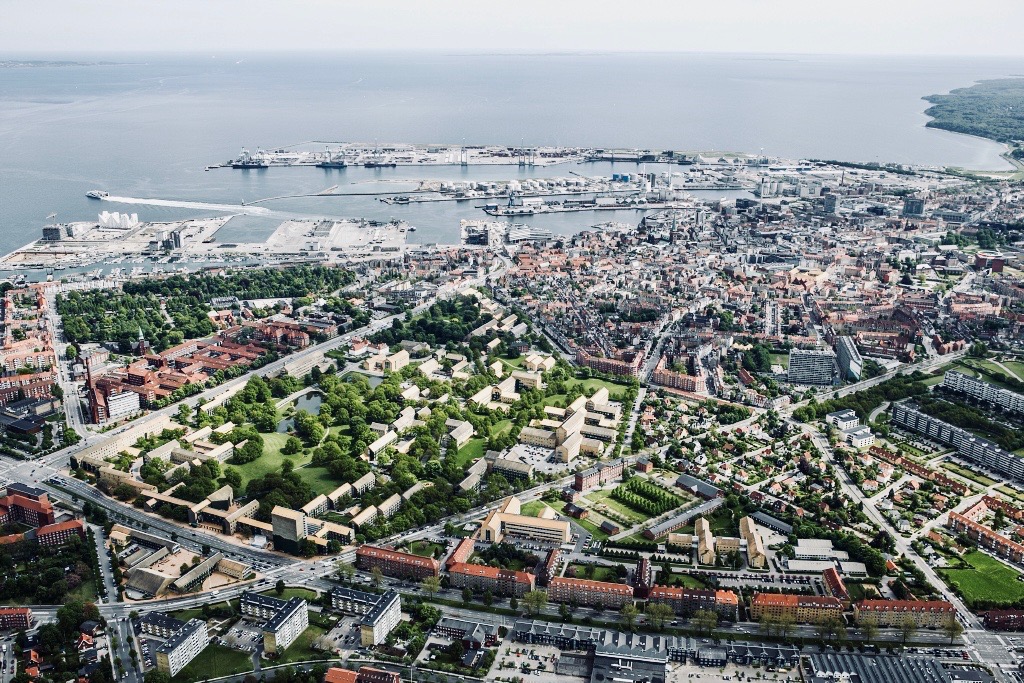Unique research partnership for cheaper sustainable energy
Denmark's four technical universities are to join forces in an unusual major project that will result in a flexible energy system and save billions of DKK by means of artificial intelligence

Denmark aims to be independent of coal, oil and gas by 2050, and in parallel with increasing electrification of its infrastructure and heating sector, this means that Denmark is facing future multi-billion investments in conversion and expansion of the energy system.
A new four-year research project, in which Aarhus University and the three other Danish technical universities have joined forces with the utilities sector, will focus on whether, by using among other things artificial intelligence, it is possible to remove a significant percentage of this investment need.
ALSO READ: AU researchers develop the carbon-free fuel of the future from air, water and electricity
The problem is that green energy sources are weather-dependent, and this means that energy production does not always take place concurrently with consumption. The project is called Flexible Energy Denmark (FED), and it aims to develop smart solutions to match supply and demand for green electricity.
"Our research has shown that energy systems should exploit the flexibility potential on the demand side more in order to reduce capital costs and streamline operations. In the near future, I can well imagine that the design of energy-efficient buildings will also entail weighing investments in energy flexibility against investments in, for example, energy savings," says Associate Professor Steffen Petersen, who is head of Aarhus University's part of the project.
He points out that the profitability of the investment costs of the last few centimetres insulation in a building envelope is perhaps worse than investment in initiatives to increase the potential for the building's energy flexibility, and this is why it is important to consider balancing investments in energy savings and flexibility with investments in renewable energy production.
ALSO READ: AU opens experimental hub for engineering research
The FED project has received DKK 30 mill. from Innovation Fund Denmark. The project has been set up at Center Denmark, which is a unique collaboration between the four universities, the energy group EWII and Energinet.
Center Denmark is a test and research universe located in Jutland, and it has been structured as a real society. This gives it some unique opportunities to use and scale research data.
"It’ll be a national digitalisation hub, from where we can obtain more and more varied data. The data basis from Centre Denmark is very interesting, as it is both scalable and representative of Danish society, and thus we have the opportunity to test different energy philosophies and systems in connection with FED," says Professor Henrik Madsen, who is a head of section at DTU Compute and who is heading the project.
ALSO READ: Aarhus University opens Denmark's first Centre for Digital Twins
FED will be the first major project located at Centre Denmark. The project spans 28 different stakeholders, in addition to EWII, Energinet and the four universities are utilities, municipalities and several companies.
Contact
Steffen Petersen
Associate Professor at the Department of Engineering
Mail: stp@eng.au.dk
Phone: +45 41893347
